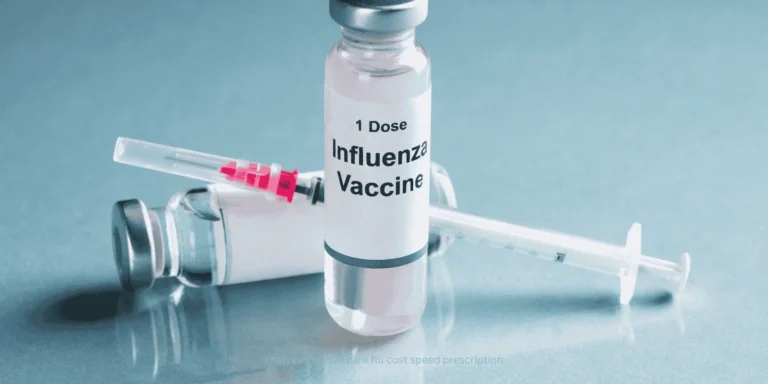COVID-19 risk factors have evolved with new variants and widespread vaccination, but certain groups remain at higher risk for severe illness and complications in 2025.
Age-related risks: Adults over 65 continue to face the highest risk for severe COVID-19, hospitalization, and death, even with vaccination and boosters.
Adults 50-64 have a moderately increased risk, particularly those with underlying health conditions.
Immunocompromised individuals of any age remain vulnerable regardless of vaccination status.
Chronic medical conditions: Heart disease, including coronary artery disease, heart failure, and cardiomyopathy, significantly increase the risk of severe COVID.
Diabetes (type 1 or 2) elevates risk, especially with poor blood sugar control.
Chronic lung diseases like COPD, asthma, pulmonary fibrosis, or sleep apnea increase complications.
Kidney disease requiring dialysis or transplant creates higher vulnerability.
Cancer treatment or active cancer, particularly blood cancers, suppresses immune function.
Obesity (BMI over 30) remains a significant risk factor for severe outcomes.
Immunocompromising conditions: HIV infection with low CD4 counts or uncontrolled viral loads.
Organ transplant recipients taking immunosuppressive medications.
Autoimmune diseases are treated with immunosuppressive drugs, such as rheumatoid arthritis or lupus.
Cancer chemotherapy or radiation treatment within recent months.
High-dose steroid use for various medical conditions.
Social and environmental factors: Healthcare workers with high exposure risk.
Congregate living settings like nursing homes, prisons, or group facilities.
Limited healthcare access affecting vaccination rates and early treatment availability.
Pregnancy considerations: Pregnant women face an increased risk of severe COVID-19, preterm birth, and pregnancy complications.
Unvaccinated pregnant women have particularly elevated risks.
Recent vaccination status: Unvaccinated individuals remain at the highest risk for severe disease.
Immunocompromised people may have reduced vaccine effectiveness despite completing a primary series followed by boosters.
Waning immunity occurs in all individuals, making boosters important for continued protection.
New variant considerations: Immune evasion by newer variants can cause breakthrough infections even in vaccinated individuals.
Severity patterns continue to show protection against severe disease with vaccination, but breakthrough infections remain possible.
If you’re in a high-risk category and develop COVID-19 symptoms, ChatRx can help evaluate your condition and determine if antiviral treatment might reduce your risk of severe complications.












